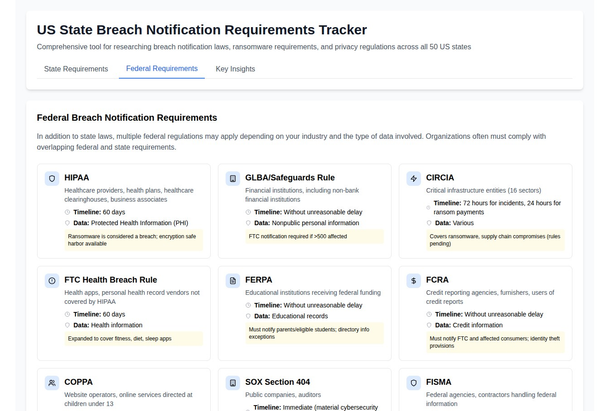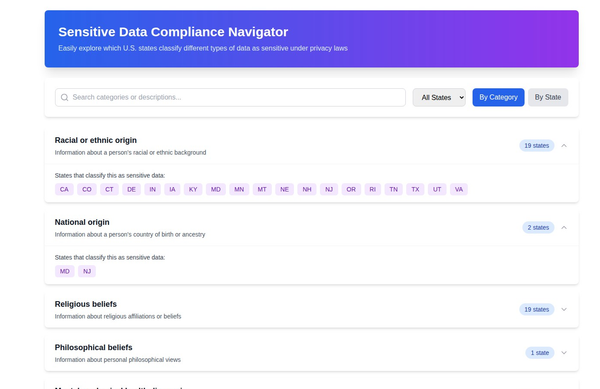Navigating the Landscape of U.S. State Information Security and Privacy Acts

In an era where data breaches and cyber threats are becoming increasingly common, the importance of robust information security and privacy regulations cannot be overstated. While federal laws provide a baseline, many U.S. states have taken it upon themselves to enact their own regulations to protect their citizens' data. This article provides an overview of the various state-specific information security and privacy acts that have been implemented across the U.S.
The Growing Need for State-Specific Regulations
The digital age has brought about a plethora of opportunities, but it has also introduced numerous challenges, especially in the realm of data protection. With the increasing amount of personal data being collected, stored, and shared online, the risk of unauthorized access, data breaches, and misuse has grown exponentially. Recognizing these challenges, many U.S. states have enacted their own regulations to safeguard their residents' data.
State-by-State Overview
- California - California Consumer Privacy Act (CCPA)
- The CCPA gives California residents the right to know what personal information is being collected about them, the purpose of its collection, and with whom it is shared. It also allows consumers to opt-out of the sale of their personal information.
- Source
- Colorado - Colorado Privacy Act (CPA)
- The CPA provides Colorado residents with the right to access, correct, delete, and opt-out of the processing of their personal data. It also mandates data protection assessments for certain processing activities.
- Source
- Connecticut - Protection of Social Security Numbers and Personal Information
- This act restricts the use and disclosure of social security numbers and requires businesses to safeguard personal information.
- Source
- Indiana - Protection of Social Security Numbers and Personal Information
- Indiana's law restricts the use of social security numbers and mandates the protection of personal data. It also requires businesses to notify affected individuals in the event of a data breach.
- Source
- Iowa - Personal Information Security Breach Protection
- This act requires organizations to implement reasonable security procedures to protect personal information and to provide notification in the event of a data breach.
- Source
- Montana - Consumer Protection Act
- Montana's act focuses on protecting consumers from deceptive trade practices, including the unauthorized use or disclosure of personal information.
- Source
- Utah - Utah Consumer Privacy Act (UCPA)
- The UCPA grants Utah residents rights similar to those in the CCPA, including the right to access, correct, and delete their personal data.
- Source
- Tennessee - Tennessee Identity Theft Deterrence Act
- This act prohibits the theft of personal identifying information and provides remedies for victims of identity theft.
- Source
- Virginia - Consumer Data Protection Act (CDPA)
- The CDPA provides Virginia residents with rights over their personal data, including the right to access, correct, delete, and opt-out of certain data processing activities.
- Source
- Texas - Texas Privacy Protection Act
- Texas has implemented regulations that focus on the protection of personal data, requiring businesses to implement reasonable security measures and provide notification in the event of a data breach.
- Source
Conclusion
The landscape of information security and privacy regulations in the U.S. is complex and ever-evolving. While federal laws set the baseline, state-specific regulations often provide additional protections and rights for residents. Businesses operating in multiple states must be aware of and comply with these varied regulations to avoid hefty fines and legal repercussions. As the digital age continues to advance, it is likely that more states will introduce their own regulations to address the unique challenges posed by the digital era.





